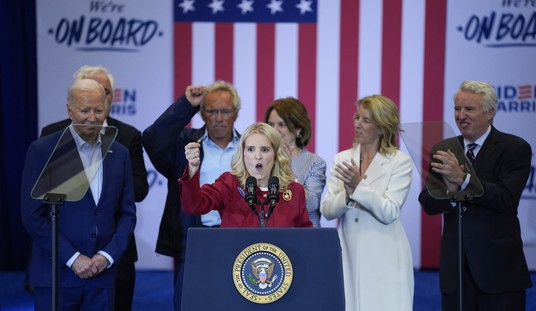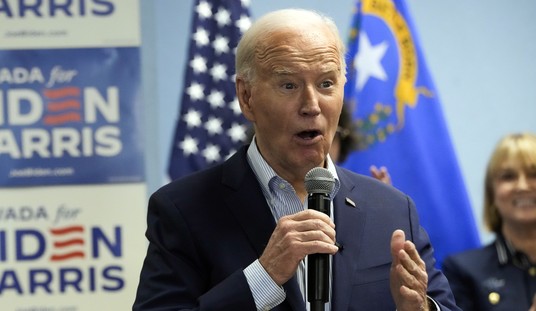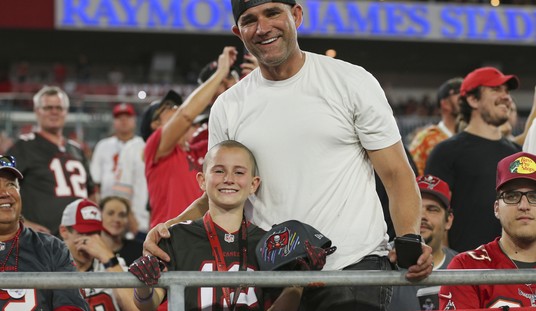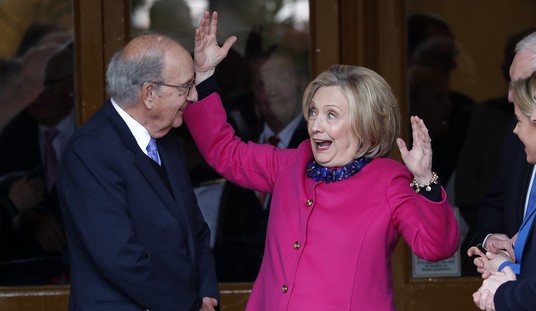
Reactors seem to be the next big thing in the Persian Gulf. The UAE is scheduled to bring the first of four reactors on line sometime this year. And Secretary of Energy Rick Perry has been negotiating with Saudi Arabia about their desire to build nuclear reactors.
The Saudis had flirted with getting help from the Russians during the last administration but it was more of a poke at the Iran-centric foreign policy of the Obama administration than a serious idea.
Though this current go-round has been packaged as a US jobs program, Westinghouse Electric is being pushed as the contractor, it isn’t. The job is probably going to go to the South Korean firm that just completed the UAE job as they have a better nuclear power resume than Westinghouse. And Westignhouse Electric is owned by Toshiba. The interest is geopolitical.
The Saudis, ostensibly, want nuclear power to free themselves from oil-fired generation facilities. Fair enough. But the real negotiations are about the Saudis wanting nuclear generation facilities that can produce fissile material. The UAE reactors were constructed under what is called a “123 Agreement.” The purpose of this agreement is to ensure that the nuclear generation facility does not allow for the development of a nuclear weapon. The Saudis want the same deal that we gave the Iranians which is a reactor that leads, should the owner so desire, to a nuke. The desire of the Saudis is completely understandable. The Obama Administration demonstrated to the Saudis that there really is no American foreign policy in the Middle East but, rather, whims. Obama kicked Saudi Arabia to the curb without so much as a ‘pardon me’ and tried to create a new power structure based on Iran. The Saudis have more influence in Washington these days but the lesson was learned. There is no US nuclear umbrella because the US is a fickle ally.
From a national pride stand point, the Saudis see no need to settle for less of a deal than their enemy got.
Re: news Saudi Arabia demanding enrichment activities just like Iran got in nuclear deal, here's part of Netanyahu's speech from 3 yrs ago: "neighbors say they'll respond by racing to get nuclear weapons of own… Mideast crisscrossed by nuclear tripwires… nuclear nightmare" pic.twitter.com/iXqPPmJUfq
— Omri Ceren (@omriceren) March 3, 2018
There are two general types of backlash brewing here. One is among the Echo Chamber created by Obama’s deputy national security adviser Ben Rhodes. This group, created to sell the Iran nuclear deal, are now upset that the Saudis might be allowed to join the club. Their critiques are tarted up in non-proliferation language and warnings about Islamic extremism in Saudi Arabia, arguments that were not made when the violent Islamic extremists in Iran were given a pathway to a nuclear weapon.
“Does anyone seriously think that Iran would agree to extend the restrictions on its program if Saudi Arabia were operating potential bomb factories next door?” https://t.co/vH1pH4bQpG
— Joe Cirincione (@Cirincione) March 4, 2018
In his eagerness to make a deal with Riyadh, Trump’s reckless disregard for decades of caution on nuclear affairs could bring disastrous consequences. https://t.co/4JzlU4KGU0 via @MiddleEastEye
— Megan O'Toole (@megan_otoole) March 6, 2018
The administration reportedly so desperate to sell nuclear reactors to Saudis they are willing to waive non-proliferation requirements banning enrichment that could produce weapons….raises big policy questions https://t.co/O3GctMCkFe
— Andrea Mitchell (@mitchellreports) February 26, 2018
There is a second direction of attack coming. In the next few weeks you’re going to see a lot of people who have opposed Trump jump on the non-proliferation bandwagon. Some of these people will surprise you because they have supported using Saudi Arabia as a counter balance to Iran.
The bottom line is that Saudi Arabia has decided to build a nuclear reactor outside the boundaries of a 123 Agreement. Who, then, do want involved? The United States or Russia or China. Opposition to Trump should have nothing to do with this calculus but, in the end, it is going to play a huge role.












Join the conversation as a VIP Member